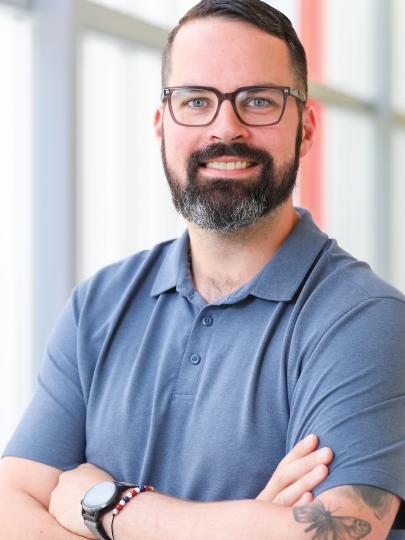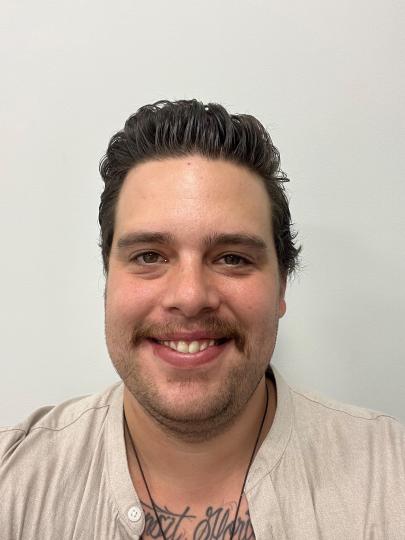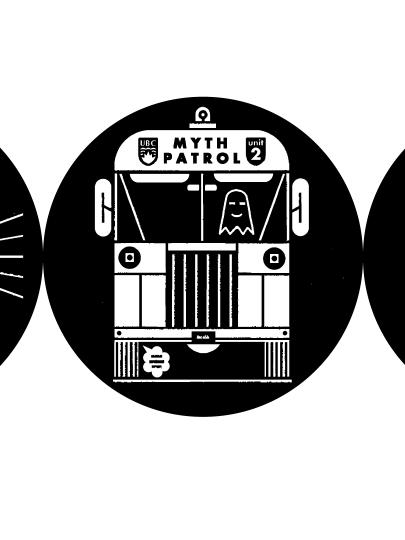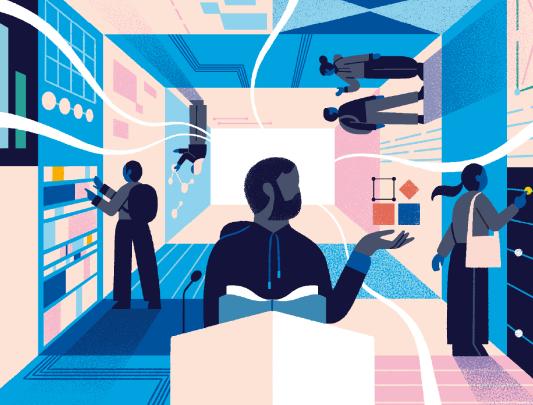UBCO researchers peer into the mental health of social workers
Childhood memories can be a trigger while working with a client.
What happened in the past doesn’t necessarily stay in the past.
Especially, says a UBC Okanagan researcher, when it comes to child protection workers and any trauma they may have suffered as a child.
Dr. Sean St. Jean, a post-doctoral researcher in UBCO’s School of Social Work, recently published a study examining how the childhood experiences of a social worker might be triggered in their role of child protection practice.
“Child protection workers are acutely and chronically exposed to the trauma of children and families as they struggle with child sexual abuse, family violence and/or child neglect,” says Dr. St. Jean. “These professionals are called upon to empathically engage in these desperate situations in order to protect children.”
It’s up to the child protection worker to make complex, delicate and emotional risk decisions, he says, and they become a significant role in the lives of the families they interact with.
Research has shown there is a link between a child protection worker and their own trauma or their experiences and Dr. St. Jean says they are trained to recognize the triggers. However, his research shows, many child protection workers suffer in silence — doing their best to protect a child — while battling their own mental health issues.
“Human trauma is like a super power.... But it can also be your kryptonite. We need to be able to recognize the experiences child protection workers bring to the table, and be ready to help them at any time.” – Dr. Sean St. Jean
Dr. St. Jean says the numbers are concerning. Some 70 per cent of social workers will have symptoms of Post-Traumatic Stress Disorder (PTSD) and 15 per cent of those will be diagnosed with PTSD. That number is higher for child protection workers.
“It’s a little bit scary,” he says. “Fifty per cent of people with PTSD will carry those symptoms with them for the rest of their lives.”
St. Jean, and his supervisor Dr. Brian Rasmussen, wanted to look at how child protection workers cope with their own childhood memories when it comes to child protection. And while Rasmussen says the adverse historical backgrounds of some child protection workers can influence their views of the work, it’s not all doom and gloom.
“With regard to child protection workers specifically, there are currently only two previous studies that consider the relationship between their childhood histories and their present-day professional function,” says Dr. Rasmussen. “And yet, what qualitative research we do have suggests that acute childhood experiences can have a significant and negative impact on the vocational lives of child protection workers.”
The role, says Dr. Rasmussen, comes with both a high exhaustion rate and high job satisfaction.
“People choose this career for all kinds of reasons and it’s common that social workers often have their own experiences as early helpers as a child or an experience of trauma,” he says. “Often, it’s empowering for social workers. They hope to redeem any negative things that happened to them as a child, perhaps even want to find meaning.”
Dr. St. Jean recalls the story of a child protection worker going into a home where an abusive client had consumed a fair amount of alcohol. The social worker was able to connect with the client and dissolve the situation. When asked how she made it look so easy, she replied that she had grown up in a home with a father dependent on alcohol. As a child, she learned ways to deal with impaired people and those skills served her throughout her career.
“Human trauma is like a super power and this woman uses her skills borne from her childhood,” says Dr. St. Jean. “But it can also be your kryptonite. We need to be able to recognize the experiences child protection workers bring to the table, and be ready to help them at any time.”
“Child protection workers deserve to be protected from emotional harm.... It’s easy to look at a physical injury at work, but when it comes to psychological injuries, we don’t have the same insight.” – Dr. Sean St. Jean
The participants in the study drew a strong link between their childhood memories and their social work practice. Primarily, there was a strong aspect of identification or empathy for the clients who triggered those memories. Although these child protection workers routinely witness all manner of difficult child protection scenarios, it was predominantly specific scenarios with which they had personal previous experience that appeared to move them emotionally.
For others, says Dr. St. Jean, there was simply the validation of knowing that they were making a difference for their families in ways that they themselves deeply comprehend.
The point of this research, he notes, is that people need to be mindful of the tough job and fine balancing act child protection workers face in their daily work lives. The mental health of all child protection workers should be considered as important as their physical well-being.
The respondents in his study were able to make sense of their memories in several ways — one being the reason for the satisfaction they found in their careers.
“Child protection workers deserve to be protected from emotional harm as they perform this difficult work,” he says. “It’s easy to look at a physical injury at work, but when it comes psychological injuries, we don’t have the same insight.”
The research was published this spring in the British Journal of Social Work.






























